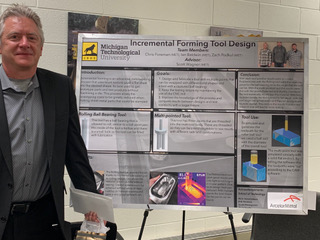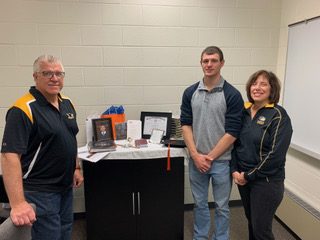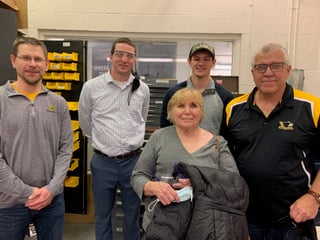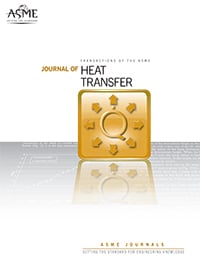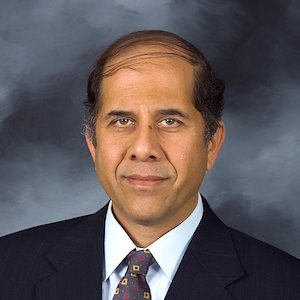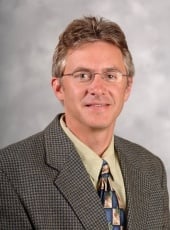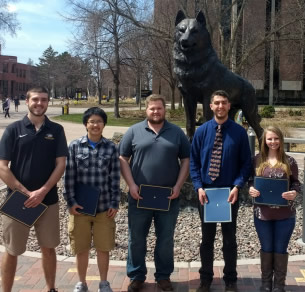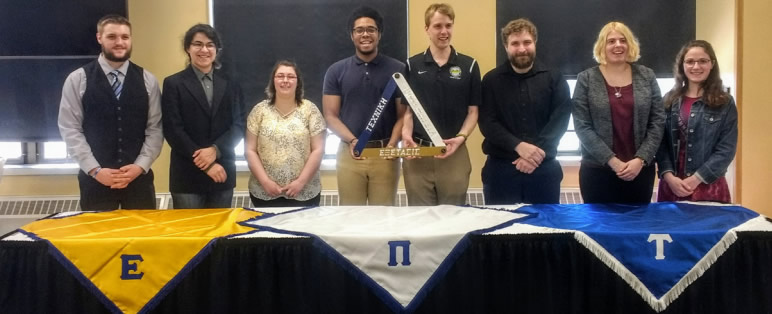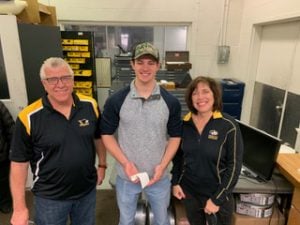
MET student Hunter Wilke is the winner of the 2021 Zachary Richard Podkul MET Memorial Annual Scholarship Challenge.
2021 Winning Design
“Door Opening Device”
The challenge was to design an item that can be used to decrease the spread of the COVID-19 virus. The device could be something that can be worn, hooked to a backpack or clothing or easily carried on one’s person. The competition required a 3D CAD model to be produced using Siemens NX software. The winning design was to be 3D printed using a Stratasys Fortus 400 MC which uses a Fused Deposition Modeling (FDM) process of extruding plastic filament.
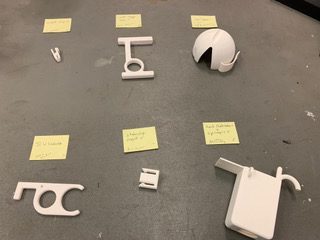
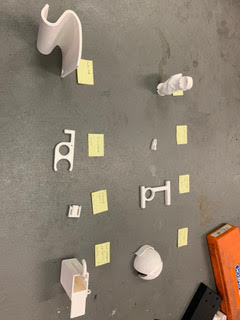
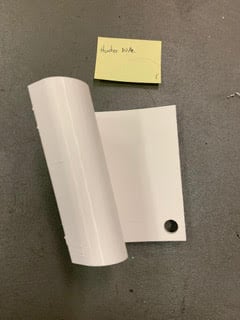
Competition Description
$1,000 Scholarship Award for MET Student Fall 2021
Design a device/gadget that can be manufactured using additive manufacturing (3D printing) methods. The CAD model must fit inside a 3D printing volume envelope of 4 cubic inches. The challenge is to design an item that can be used to decrease the spread of the COVID-19 virus. The device can be something that can be worn, hooked to a backpack or clothing, or easily carried on one’s person. The competition requires a 3D CAD model to be produced using Siemens NX software. To choose the winning design, the top rated entries will be 3D printed using the Stratasys Fortus 400 MC which uses Fused Deposition Modeling (FDM) process of extruding plastic filament. Competitors are not required to 3D print their own designs, but it is okay if they desire to test their design prior to entry.
Judging Rubric
- Parametric – 3D CAD model utilizes sketches fully constrained with parametric features – 5 points
- Originality – Unique idea to decrease spread of virus – 5 points
- Optimized – Minimized use of material not compromising strength – 5 points
- Manufacturability – Minimal need for support material and post processing – 5 points
- Ease of use – The design is ergonomic and simple to operate – 5 points
Note: designs not meeting the requirement of volume and software will be disqualified from judging.
In Memory of Zachary Richard Podkul, MET Alum
The winner of the competition will be awarded the Zachary Richard Podkul Memorial Scholarship.
